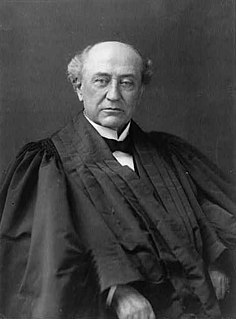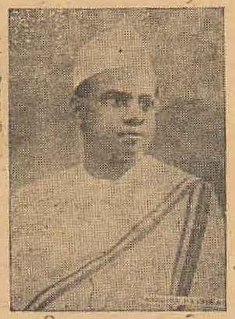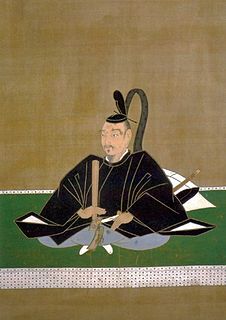A Quote by David Josiah Brewer
He who is honest in his dealings simply because of the social prestige and position it secures will never develop his higher nature, but will always live along the lower lines.
Related Quotes
The ultimate measure of a man is not where he stands in moments of comfort and convenience, but where he stands in times of challenge and controversy. The true neighbor will risk his position, his prestige, and even his life for the welfare of others. In dangerous valleys and hazardous pathways, he will lift some bruised and beaten brother to a higher and more noble life.
If the nature of the work is properly appreciated and applied, it will stand in the same relation to the higher faculties as food is to the physical body. It nourishes and enlivens the higher man and urges him to produce the best he is capable of. It directs his freewill along the proper course and disciplines the animal in him into progressive channels. It furnishes an excellent background for man to display his scale of values and develop his personality.
He who draws... ought to take his position so that the eye of the figure he is drawing is on a level with his own... because, generally, figures or people whom you meet in the streets all have their eyes at the same level as yours, and if you make them higher or lower you will find that your portrait will not resemble them.
Never follow anybody else`s idea - that is very dangerous because you will become imitative. Always follow your own nature, self-nature; only then will you attain to freedom. It is better to die following one`s nature than to live following somebody`s else`s nature, because that will be a pseudo life. To die following one`s nature is beautiful, because that death too will be authentic.
Will mankind never learn that policy is not morality,--that it never secures any moral right, but considers merely what is expedient? chooses the available candidate,--who is invariably the devil,--and what right have his constituents to be surprised, because the devil does not behave like an angel of light? What is wanted is men, not of policy, but of probity,--who recognize a higher law than the Constitution, or the decision of the majority.
And at the place where time stands still, one sees lovers kissing in the shadows of buildings, in a frozen embrace that will never let go. The loved one will never take his arms from where they are now, will never give back the bracelet of memories, will never journey afar from his lover, will never place himself in danger of self-sacrifice, will never fail to show his love, will never become jealous, will never fall in love with someone else, will never lose the passion of this instant of time.
The boy will remain a son and never become a father. He will be forgotten by the crowd once his blood is rinsed clean from the ground; his sister will think of him but soon she will forget him, too. He will live on only in Han's memory, a child punished not for his own insincerity but someone else's disbelief.
If one advances confidently in the direction of his dreams, and endeavors to live the life which he has imagined, he will meet with a success unexpected in common hours. He will put some things behind, will pass an invisible boundary; new, universal, and more liberal laws will begin to establish themselves around and within him; or the old laws be expanded, and interpreted in his favor in a more liberal sense, and he will live with the license of a higher order of beings.
A man who has been born into the house of a warrior and yet places no loyalty in his heart and thinks only of the fortune of his position will be flattering on the surface and construct schemes in his heart, will forsake righteousness and not reflect on his shame, and will stain the warrior's name of his household to later generations. This is truly regrettable.
A mediocre man copying nature will never produce a work of art, because he really looks without seeing, and though he may have noted each detail minutely, the result will be flat and without character... the artist on the contrary, sees; that is to say, his eye, grafted on his heart, reads deeply into the bosom of nature.
Man has reason, discrimination and free-will such as it is. The brute has no such thing. It is not a free agent, and knows no distinction between virtue and vice, good and evil. Man, being a free agent, knows these distinctions, and when he follows his higher nature, shows himself far superior to the brute, but when he follows his baser nature can show himself lower than the brute.
When a monk goes away from the world, he goes fighting with it. it is not a relaxed going. His whole being is pulled towards the world. He struggles against it. He becomes divided. Half of his being is for the world and half has become greedy for the other. He is torn apart. A monk is basically a schizophrenic, a split person, divided into the lower and the higher. And the lower goes on pulling him, and the lower becomes more and more attractive the more it is repressed. And because he has not lived the lower, he cannot get into the higher.































